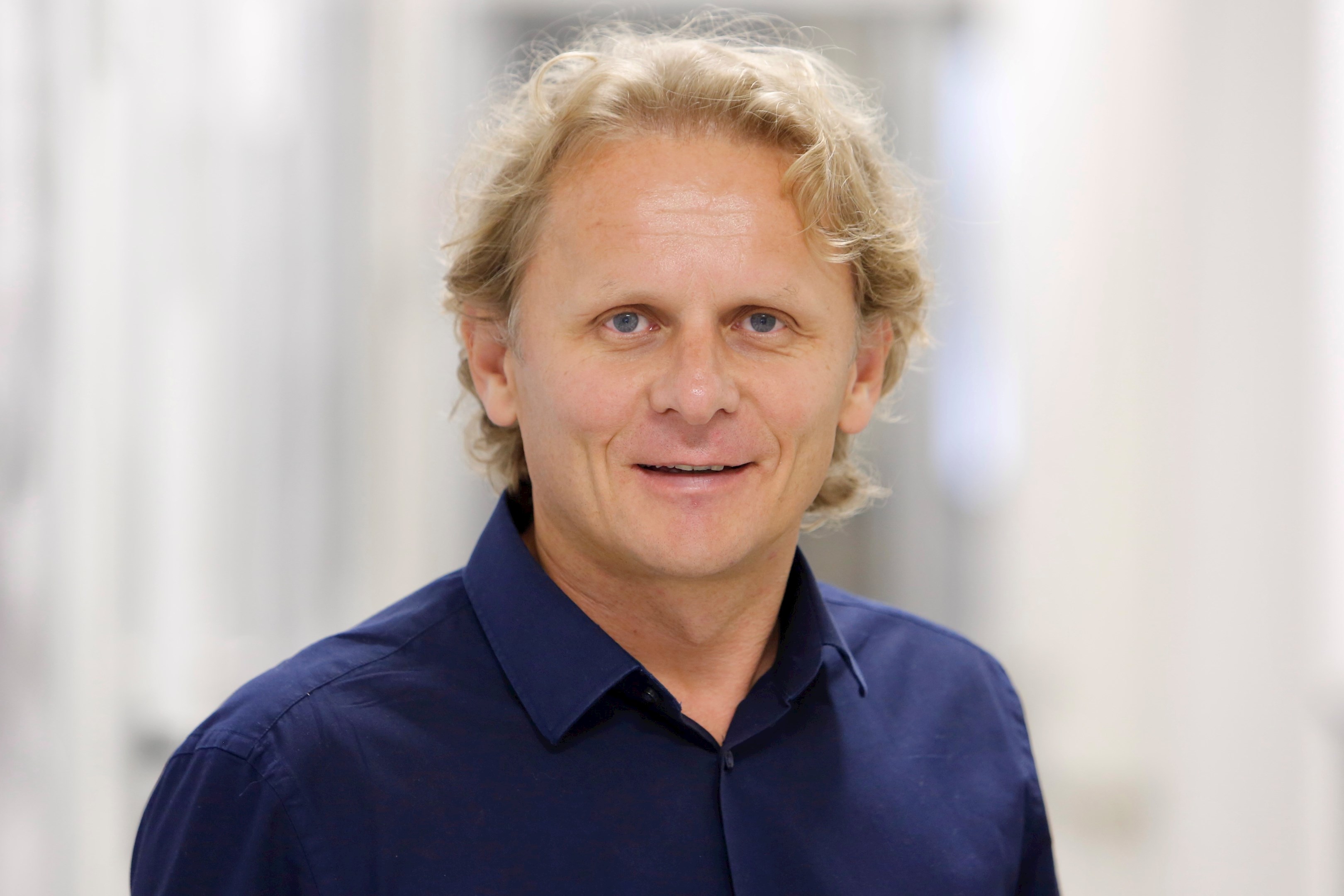Ubiquitination and Autophagy – Quality Control of Life Processes
Speaker: Ivan Đikić (Goethe University, Medical Faculty, Germany)
14 May 2026 17:00
Hosted by: doc. Mgr. Lumír Krejčí, Ph.D.
Ivan Đikić is Professor of Biochemistry and Director of the Institute of Biochemistry II at the Goethe University and a Fellow at the Max Planck Institute for Biophysics in Frankfurt.
He was trained as a medical doctor in Zagreb, Croatia and obtained his PhD under supervision of Joseph Schlessinger at the New York University, USA. From 1997-2002 he was a Group Leader at the Ludwig Institute for Cancer Research, Uppsala, Sweden. He joined Goethe University in 2003 and became Director of the Institute of Biochemistry II in 2009.
Ivan Đikić is a leading expert in the fields of ubiquitin biology and autophagy with his lab focusing on exploring pathological alterations in these pathways related to human diseases e.g. cancer, infection diseases and neurodegeneration. His recent interests focus on mechanisms of ER remodelling and discovery of novel proximity-inducing drugs including PROTACs and molecular glues.
He is an elected member of the EMBO, the German National Academy of Sciences Leopoldina, the European Academy and the American Academy of Arts and Sciences. For his scientific work he received multiple awards including the Louise-Jeantet Prize for Medicine, the Hans Krebs Award, the Jung Prize for Medicine and the Leibniz Prize. Ivan Đikić is committed to education of the next generations of young scientists globally and spends significant time and energy in science. His educational and scientific accomplishments were recognized by the highest civilian state honors in Croatia - the Order of Duke Branimir, bestowed by the President of Croatia.
About the Lecture
Ubiquitination of proteins regulates a number of key cellular processes including protein degradation, endocytosis, translation, innate immunity and DNA repair. Ubiquitin networks are also implicated in removal of harmful protein aggregates, damaged organelles and microbes via the autophagy pathway, a process by which the cell sequesters cytosolic cargo and delivers it for degradation by the lysosome. Selectivity of autophagy pathways is defined by specific pathways that recognized and remove damaged from functional organelles (e.g. ER-phagy or mitophagy). An increasing number of ubiquitin and autophagy components have been identified as causative factors of human disease development.
I will discuss recent surprising findings about an interplay between ubiquitination and autophagy networks in response to proteotoxic stress conditions. USP39 is a component of snRNP splicing complex and its deficiency leads to an impaired spliceosome assembly and increased use of cryptic 5′ splice sites that are translated into topologically incorrect proteins. Human cells respond to this proteotoxicity by enhancing ubiquitin-mediated proteolysis and ER-phagy that is affected during cancer development.
In addition, the basis for identification of new class of therapeutics that promote the Ubiquitin-dependent degradation of disease-relevant target structures (proteins, nucleic acids, organelles) will be discussed (e.g. proximity-inducing drugs). Together with academic and industrial partners, we have established the Cluster4Future PROXIDRUGS with a competitive technology platform for proximity-inducing drug discovery and preclinical development. I will elaborate on the development of new CRBN-based ligands and degraders for the future in the area of treatment of cancer and infectious diseases.
